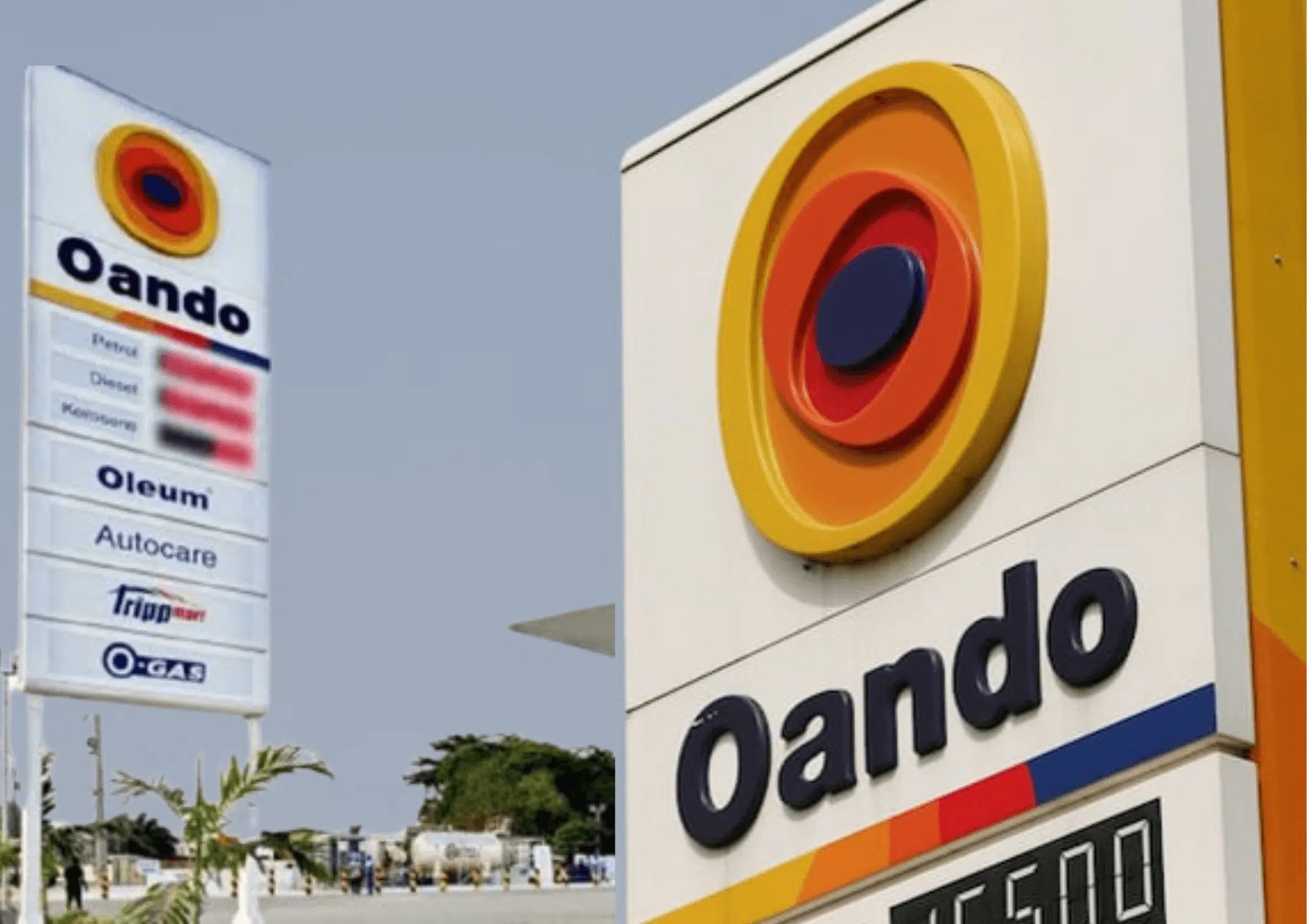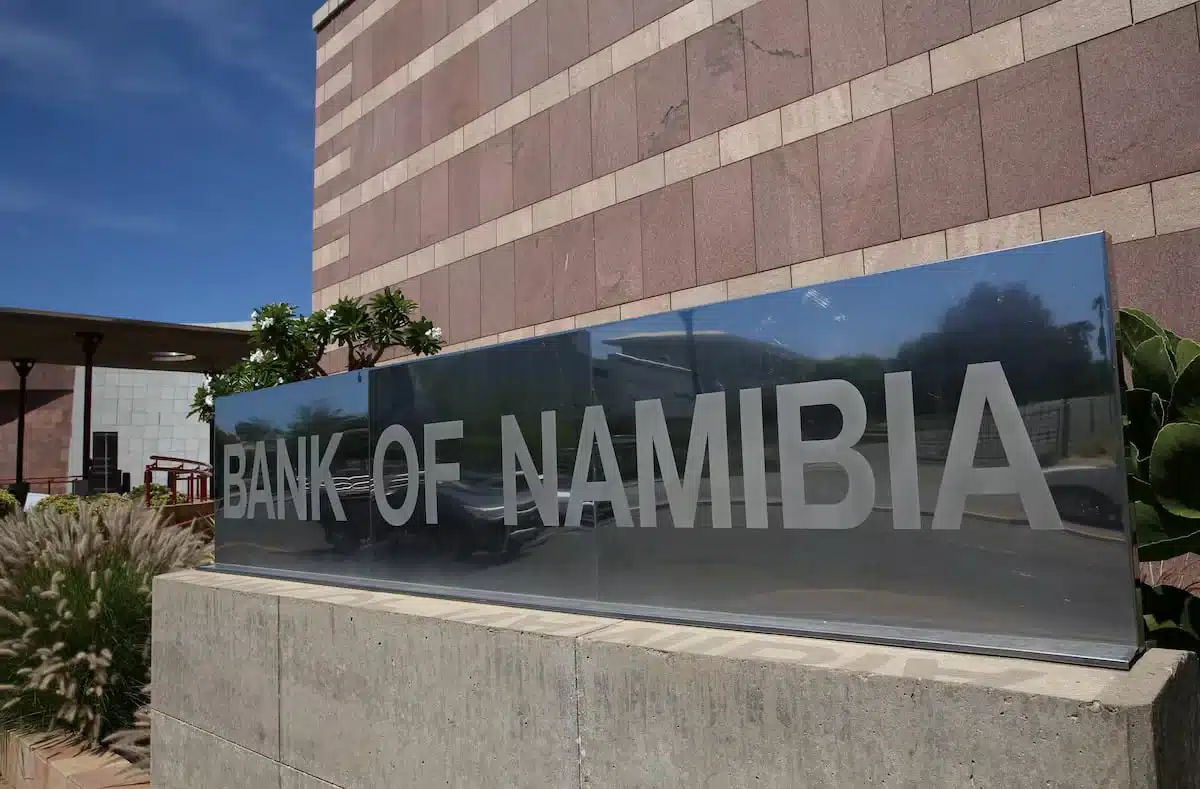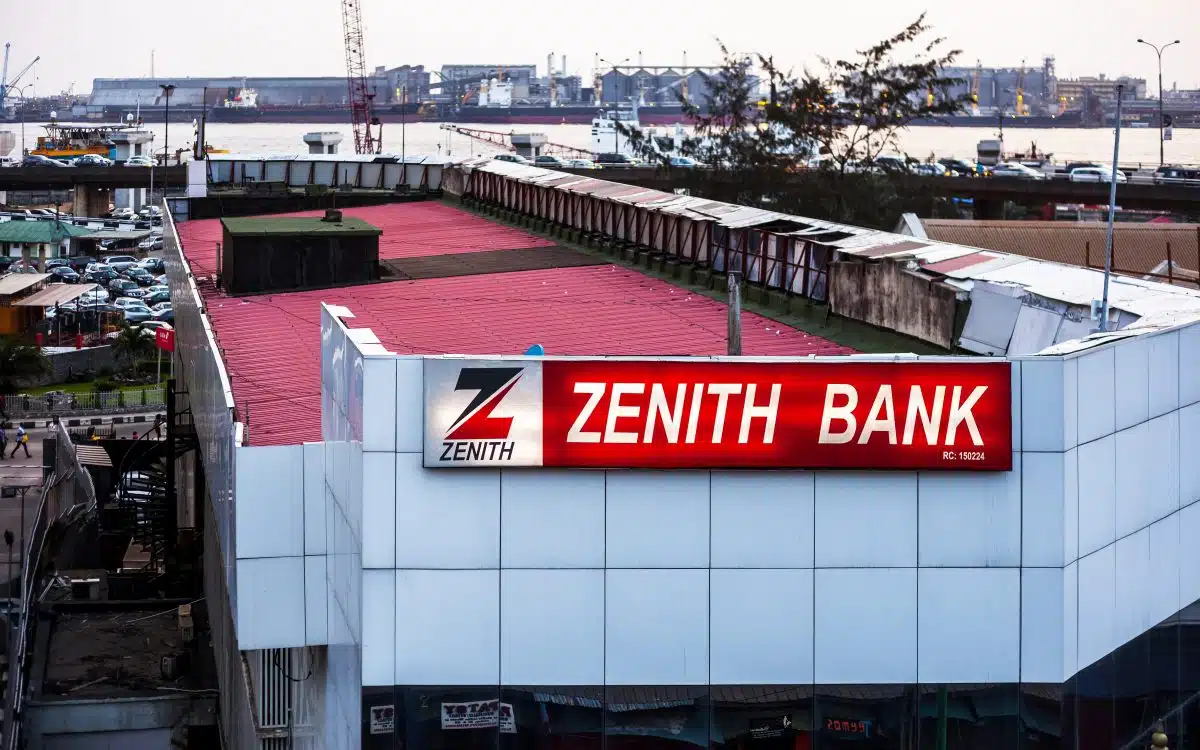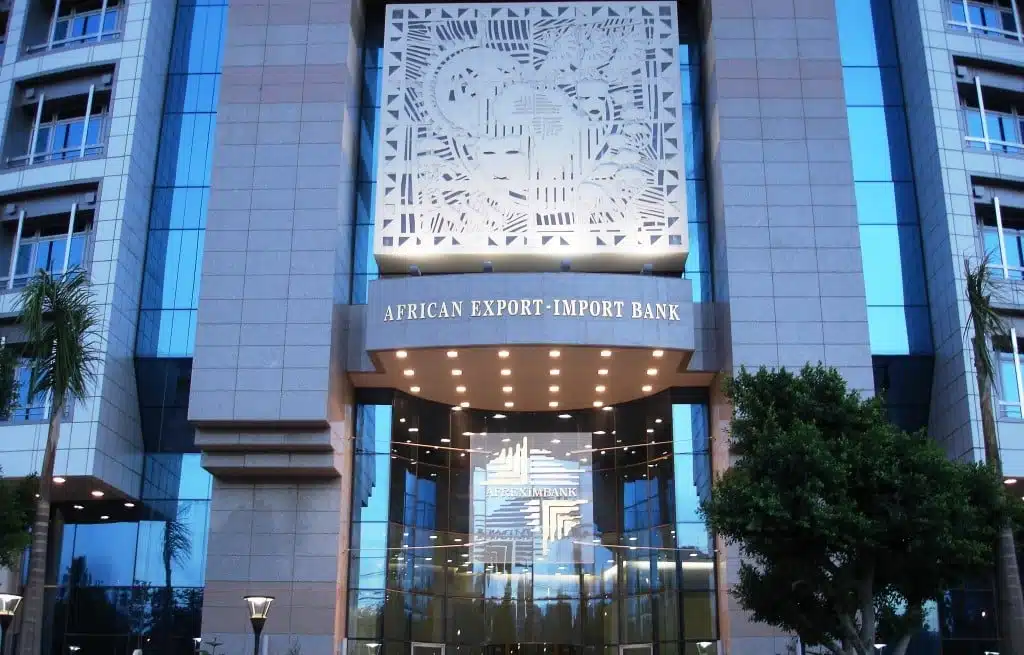At first glance, Oando Plc’s plan to distribute over 1.28 billion shares worth ₦97.6 billion seems like a straightforward reward for investors. But beyond the excitement, there are tax implications that could shape the outcomes for both the shareholders and the company at large.
This move, approved at the company’s 45th Annual General Meeting, will see shareholders receive one new ordinary share for every twelve they hold. While this presents a significant opportunity, it also raises key considerations.
What happens when debt becomes equity?
When a company undergoes a debt-to-equity swap, it eliminates interest-bearing debt, reducing financial leverage. While this strengthens the balance sheet, it also affects lenders who depend on interest payments for income. If more companies follow Oando’s path, banks may need to adjust by tightening credit or focusing on alternative revenue streams like advisory services and investment banking.
For Oando, this move could also alter its tax position. Companies that finance operations through debt typically benefit from tax deductions on interest expenses. However, by converting its debt into equity, Oando loses this advantage, which could increase its taxable income. To manage the higher tax burden, businesses in similar situations may look for ways to cut costs, adjust pricing, or slow expansion.
This could also set a precedent for other Nigerian firms, particularly in highly leveraged industries like oil and gas, real estate, and manufacturing. Companies struggling with high debt may see debt-to-equity swaps as a way to improve their financial position, even if it comes with tax trade-offs and shifts in the financial sector.
As more firms explore this option, banks and lenders may need to rethink their strategies to adapt to a changing corporate financing landscape. While reduced reliance on debt could lower financial risks for businesses, it also reshapes how industries approach growth, taxation, and capital structure decisions.
What if other companies follow suit?
Oando’s debt-to-equity swap could set a precedent for other Nigerian companies, especially in highly leveraged sectors.
As of June 2024, Oando’s total debt stood at about ₦1.62 trillion, up from ₦824 billion in 2023. With such a high debt burden, the company is turning to equity conversion as a way to strengthen its financial position. Other firms facing similar challenges may consider the same approach to improve their stability.
A practical example is Dangote Cement, which has historically relied on a mix of debt and equity financing for its expansions. Similarly, in the banking sector, Access Bank’s acquisition-driven expansion strategy has seen it rely heavily on debt financing.
If thin capitalisation rules and tax considerations make equity financing more attractive, banks might explore more rights issues or public offerings rather than relying on traditional borrowing. Capital-intensive industries may also find themselves reassessing their financing models, either by issuing more shares or restructuring their debt portfolios.
Tax considerations for investors
One key consideration is the potential impact of capital gains tax (CGT). In Nigeria, gains from the sale of shares are currently exempt from CGT, but this exemption is set to expire in 2027 unless extended.
If shareholders eventually sell their newly allocated shares after this period, they may be subject to CGT on any realised gains. This raises questions about whether long-term investors should begin planning their holdings strategically, especially given Oando’s rising share value, which surged from ₦10.85 in January 2024 to ₦76 by January 2025.
For Oando, the debt-to-equity conversion could also reshape its tax position. By eliminating interest-bearing debt, the company loses the tax deductions typically available on interest expenses, potentially increasing its taxable income.
This also brings thin capitalisation rules into focus, as they limit tax benefits for companies that rely too heavily on debt financing. The shift from debt to equity might indicate a broader strategy to optimise tax obligations while ensuring financial stability.
Additionally, issuing new shares often attracts stamp duty, which in Nigeria is typically levied at 0.75% of share capital. With over 1 billion shares being distributed, Oando could face significant regulatory fees. A phased distribution may be a way to manage these costs while ensuring market stability.
Nigeria’s markets may feel the shockwaves
On a national scale, widespread debt-to-equity conversions could lead to a more stable corporate sector with reduced default risks. However, this shift could also alter investment dynamics in Nigeria’s capital markets. An increase in the supply of shares could lead to dilution of share value if demand does not rise accordingly.
Additionally, if more companies convert debt to equity, the Nigerian bond market may see reduced activity, as fewer firms would issue corporate bonds.
Institutional investors such as pension funds and insurance companies, which hold significant portions of their portfolios in corporate bonds, may be forced to shift their investment strategies.






